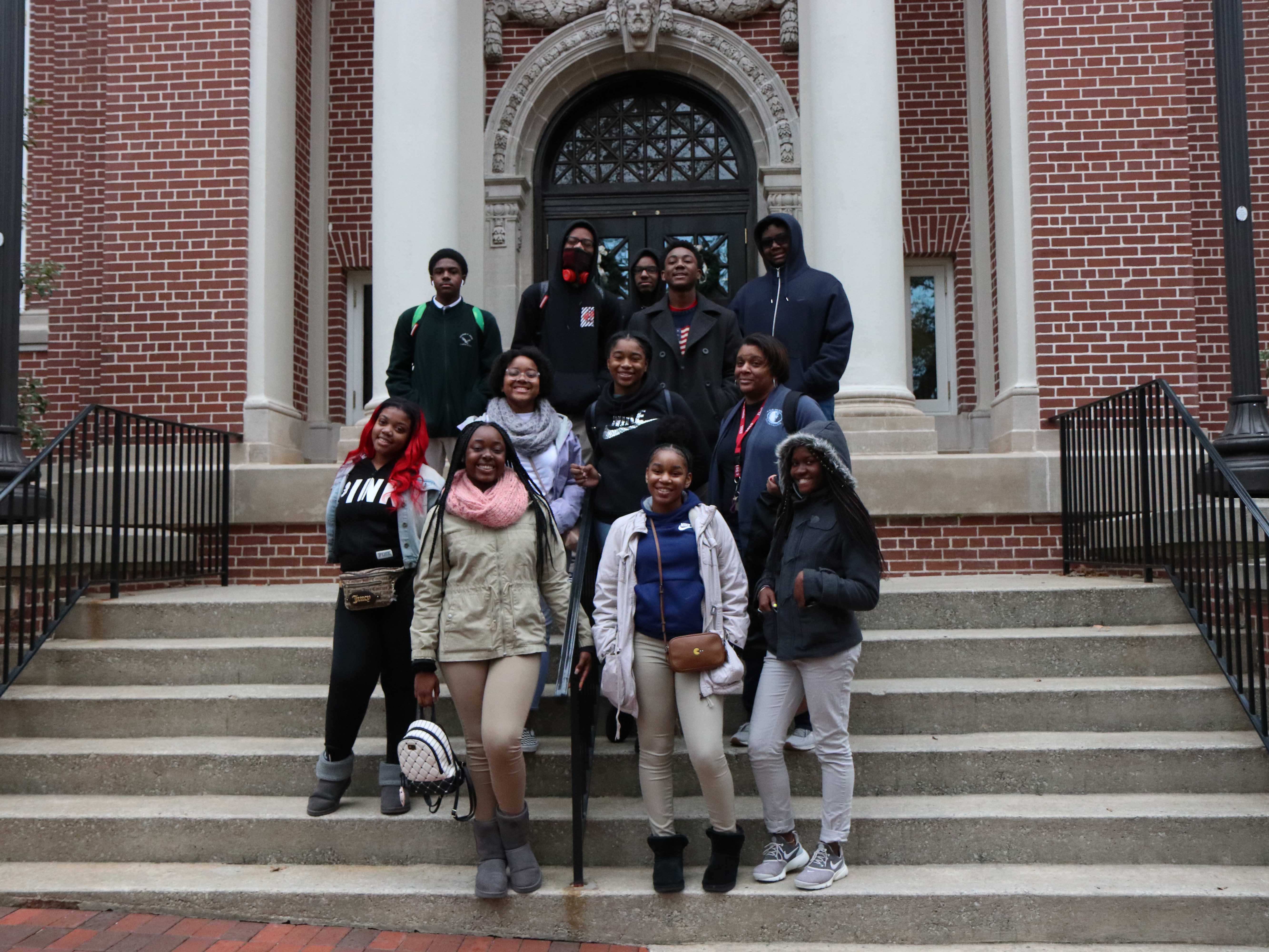
Black History: The Past, Present, and Re-imagined Future
Over time, Black History Month has become more of a reflective time for me. Black history is American history. Yet so often in schools, it is so whitewashed and trivialized within our curriculum and content throughout the year, that when February rolls around, it often feels like a dog and pony show. We want to celebrate the triumphs and successes of black people throughout February, and if we’re being honest, throughout the year.
Many educators perfunctorily and dispassionately teach black history to our students because it is comfortable and easy to do so, not only for our students but for the adults in education. Rosa Parks, Martin Luther King Jr, Harriet Tubman, and Frederick Douglass are staples in many of the black history-related activities we do in schools, but I wonder where Bayard Rustin, Claudette Colvin, Ella Baker, or Fred Hampton are mentioned?
Instead of only sharing comfortable and tempered stories of a select few, educators must do better in being less myopic and start sharing the truth of other numerous black individuals. Individuals who agitated oppressive practices, were the first in their field, or whose visionary and innovative ideas and practices impacted so many.
If we have the mindset of developing critical thinkers and empowering the next generation of change agents, we must move past the tempered and neat historical context of the civil rights movement, slavery in America, and black history as a whole. We must strive to share the age-appropriate truth, breadth, and depth of black historical stories and viewpoints.
This year in my Constellations classes, I decided to share with students some black women and men who profoundly impacted the computer science and STEM fields. I also included some activists in Atlanta, the city we call home. It was interesting to see my students genuine surprise or even interest in learning that black men and women from the past and present had and continue to make tremendous contributions to society at large. It is always powerful for me to remember that we have such a rich history in Atlanta in the fight for civil rights, barrier-breaking, activism, and social justice.
All people need to constantly understand, respect, and remember the past in order to forge ahead to a better future. As a black educator, I can honor the triumphs and success of our black ancestors. I can praise their ingenuity, resilience, and brilliance while carving a new path for myself and empowering my students to be the best version of themselves.
As black Atlantans, we owe a debt of gratitude to James Tate and Grandison Bethel as well as Thomas Franklin Welch, Madelyn Patricia Nix, Willie Jean Black, Donita Gaines, Arthur Simmons, Lawrence Jefferson, Mary James McMullen, Martha Ann Holmes, and Rosalyn Walton. They each made huge strides and helped pave the way for desegregation in Atlanta Public Schools, which gave black students an opportunity to learn at public schools close to home.
While we still have a long way to go in terms of equitable education, understanding the steps, sacrifices, and power moves made before helps guide and speak to our future obtainment of every child’s right to a quality and equitable public education. While we can appreciate, respect, and admire all of our black ancestor's greatness without hindering greatness for ourselves, I want my students to know that their worth, value and potential for greatness is not based on their knowledge of computer science or their grade in AP CS class.
I constantly remind myself and my students that we don’t need the next Katherine Johnson, Mark Dean, Dr. Shirley Jackson, Lonnie Johnson, Dorothy Vaughan, or Garrett Morgan. This world needs the next you. I value your humanity enough to want you to take the next step in becoming the best version of you. The best version of you will help improve your community and also the world. It also helps reimagine a better future for black people and our communities locally and worldwide. So, what are you waiting for? Go become the best you.



